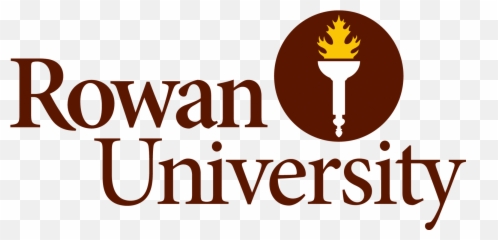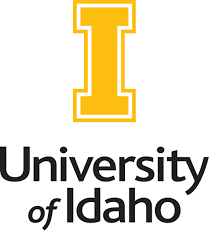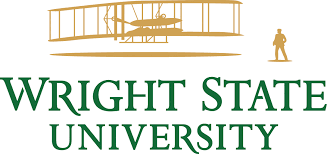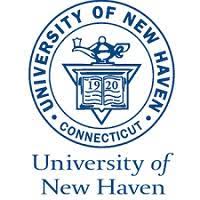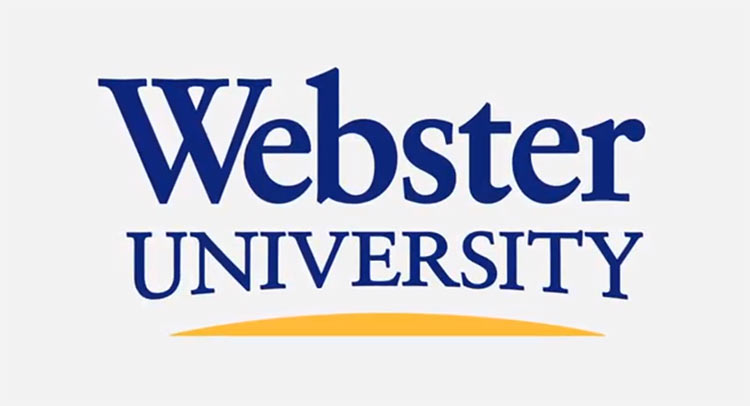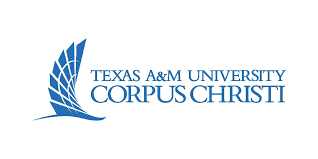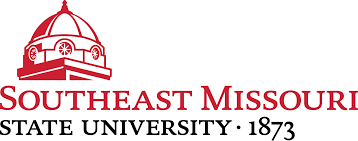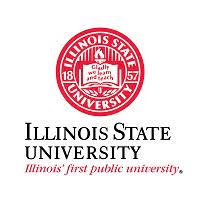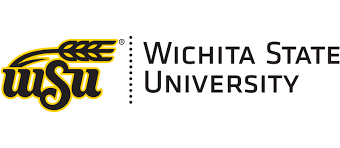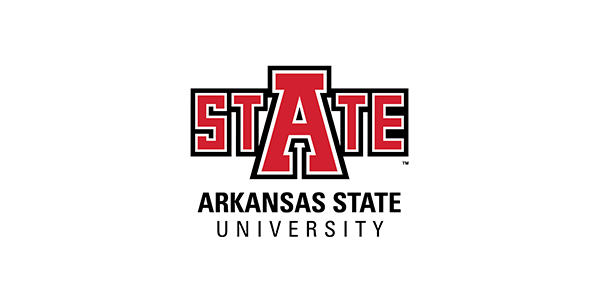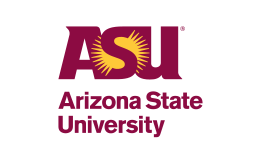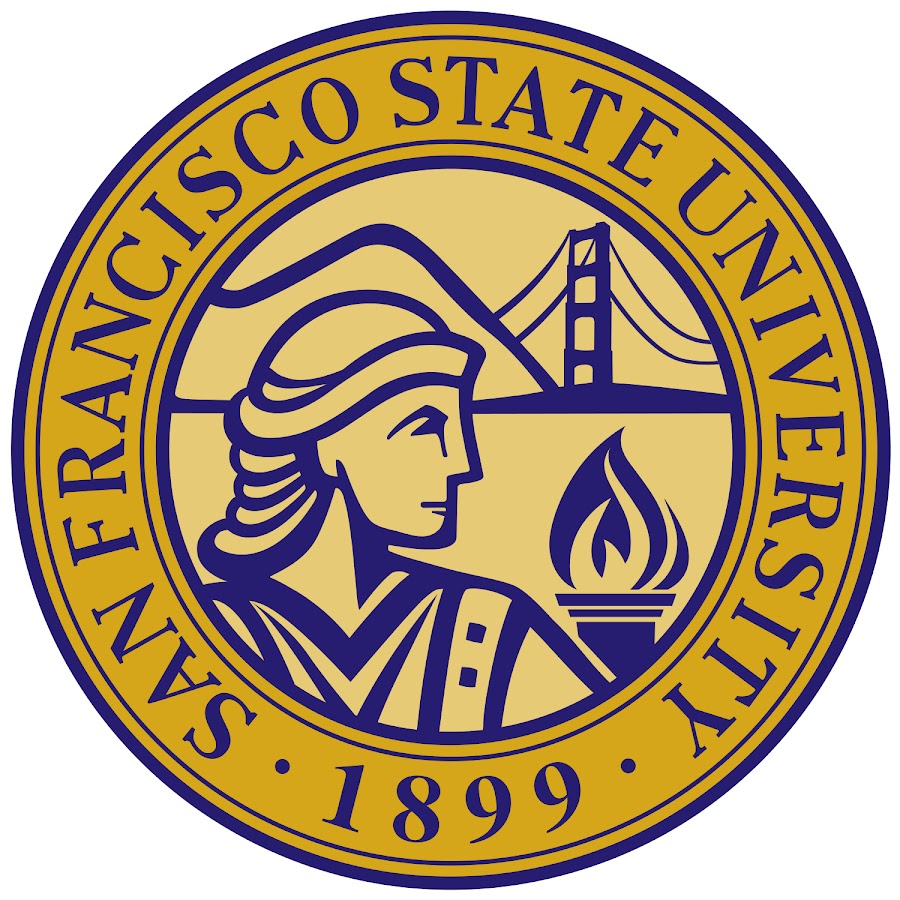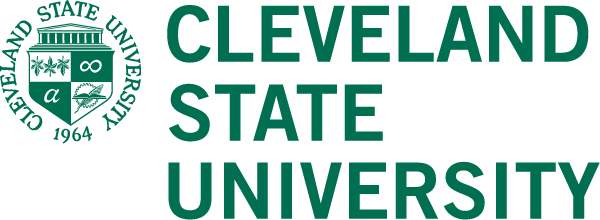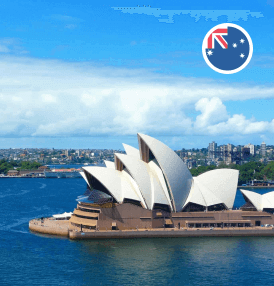A US university degree covers outstanding academics, of course, but also personal and professional growth, too. Some of the highest-ranking universities in the world are located in the US and the programs at US institutions equip you with the knowledge, skills, and experiences you need to excel in your dream career. US institutions also give you the chance to learn from industry experts. Your professors will often be active researchers or innovators in the field they teach, giving you a valuable source of first-hand expertise. Connecting with your professors expands your professional network and can help you find a long-term job. These lifelong connections are a strong motivation for why international students choose to study in the US.
Below listed are some of the major reasons for studying in the USA.
Academic Excellence
The United States has one of the world’s finest university systems, with outstanding programs in virtually all fields. At the undergraduate level, excellent programs exist in traditional disciplines, as well as in professional fields. At the graduate level, students have the opportunity to work directly with some of the finest minds in their field of study, with the chance to become involved with exclusive research and educational opportunities. U.S. degrees are recognized throughout the world for their excellence.
Variety of Educational Opportunities
The United States is home to several thousand colleges and universities, boasting at least ten times as many campuses as in any other country. As a result, the higher education system in the U.S. has something for everyone. Some U.S. colleges and universities stress broad educational principles; others emphasize practical, employment-related skills; and still others specialize in the arts, social sciences, or technical fields. This means that no matter what you plan on studying, you will have a wide variety of programs in your particular field from which to choose.
Opportunity for Research, Teaching, and Training
You may be able to gain valuable experience through teaching and/or research while you help finance your education in the U.S., particularly if you are a graduate student. Many graduate programs offer training and teaching opportunities that enable students to become teaching assistants to undergraduates and/or research assistants on special projects exploring different aspects of their field of study.
International students are some of the most valued teachers and researchers in U.S. universities because they bring new skills and ideas to the classroom and library or laboratory. This practical component of your education will prove useful in your future career and may give you insights into your field that would not be possible through course study alone.
Support Services for International Students
Studying in the United States is a rewarding experience, but navigating your way through day-to-day issues can be a challenge. Many international students find that the college and university international student office is a great resource when it comes to adapting to a culturally and academically different environment. The mission of the international student office is to assist students like you, and there is often a wide range of student services that they provide to you. An orientation program upon your arrival is just the start of the many programs and benefits of the university’s international student office – throughout your time in the U.S., The international student office will be an invaluable source of information and help as you make the transition into academic and cultural life in the United States.
Global Education and Long-Term Career Prospects
Experience in an international setting is a marketable commodity. Many employers seek the wide range of knowledge, adaptability, and experience that international students acquire by studying in the United States. Companies in the U.S. are increasingly seeking to become a strong presence in the global marketplace. They often look to hire employees who not only have multicultural language skills but can also help communicate, negotiate, and conduct business across different cultures.
The United States is not the only country seeking strong candidates when hiring; international students are in high demand elsewhere, as well. In recent years, international companies have become much more proactive in recruiting from the pool of strong international student graduates. Your long-term career prospects can be enhanced by your experiences through the development of self-confidence, independence, and cross-cultural skills – attributes that are in high demand with employers worldwide.
International Scholarships for Nepalese Students in the USA
Choosing the perfect study destination is as important as deciding on the right course and university. One of the most popular study destinations amongst international students is the USA. For a long time, it has been considered to be the ideal destination for students to build a life after It’s no secret that the United States is one of the most expensive places in the world to pursue higher education, but don’t let that deter you; there are hundreds of ways to support your education. You will not be eligible for funds designed for US citizens if you are an international student.
However, as colleges in the United States place a greater emphasis on internationalization, the number of international scholarships for Nepalese students in the USA has increased.
Studying in the United States might be reasonable if you plan ahead of time and apply for a variety of scholarships given by American institutions and colleges before pursuing a bachelor’s or master’s degree in the United States of America is expensive. But there is a wide range of scholarships in the USA for Nepalese students which reduces the course fee by a considerable amount and helps them fund their studies.







